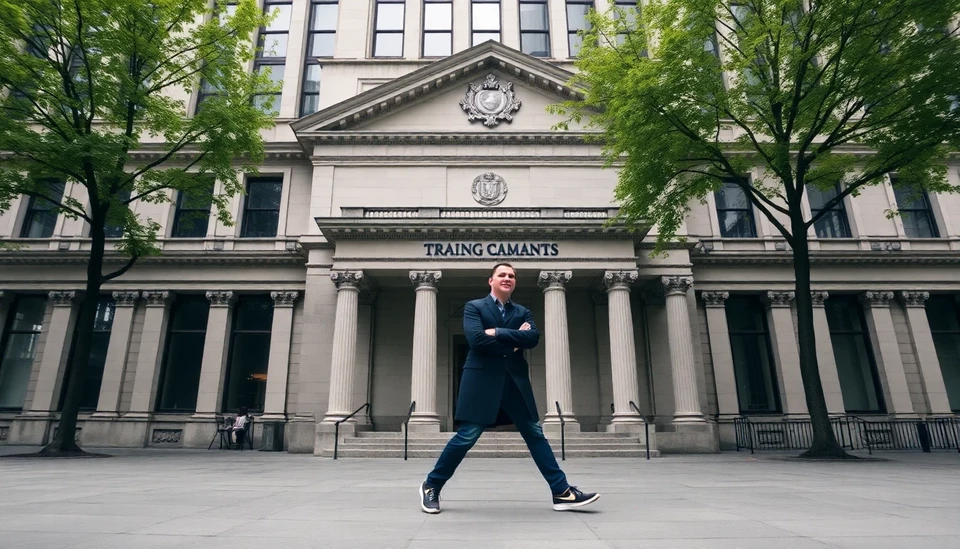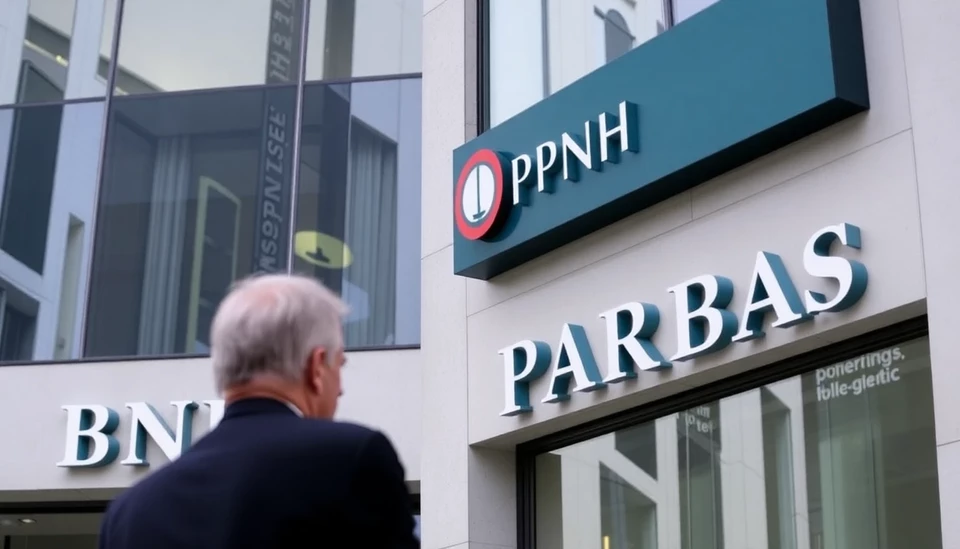
As the political landscape heats up ahead of the upcoming elections, major banking institutions are gearing up for substantial windfalls from market volatility triggered by the electoral process. Analysts are predicting significant trading opportunities that could benefit these financial giants, given the historical patterns that often emerge during such periods.
Leading financial corporations such as Goldman Sachs, JPMorgan Chase, and Bank of America are reportedly positioned to capitalize on widespread trading activity associated with fluctuating stock prices, bond markets, and commodity values that usually characterize pre-election environments. The unpredictability of election outcomes is expected to drive trading volumes significantly higher, allowing these banks to generate lucrative returns from increased commissions and fees.
The potential for profits during this time is not simply speculative; it is rooted in historical data. Past elections in the U.S. have shown an uptick in trading activity, as investors react to the outcomes of primaries and general elections, causing substantial shifts in market conditions. This cyclical pattern suggests that as voters head to the polls, traders will rapidly buy and sell assets in response to news and analyses, thus creating a fertile ground for banks to earn their profits.
Moreover, the current economic climate adds additional layers of complexity and excitement for trading desks. With ongoing inflationary pressures, interest rate policies shifting, and global uncertainties, the volatility expected during this election season is likely to be more pronounced than in previous years. Banks have been prepared for this scenario, having bolstered their trading operations and risk management frameworks to better navigate the chaotic market conditions that elections typically foster.
The anticipation surrounding the elections is not limited to mere stock market trading. The derivatives market, which allows investors to hedge against potential market shifts, will also see heightened activity. Major financial entities are likely to engage more vigorously in options and futures contracts to protect their investments during this unpredictable period. Such strategies not only help in managing risk but also open up further avenues for profit as traders speculate on likely outcomes of electoral shifts.
In light of these developments, both investors and banking executives are keeping a close watch on campaign trails, candidate standings, and polling data as crucial indicators of market movements. The next few months promise to be a balancing act for traders, who must navigate the dual challenges of forecasting political outcomes while assessing their implications for various asset classes.
As we approach election day, the impact on trading strategies will become clearer. However, one thing remains certain: amid the backdrop of potential political upheaval, big banks are well-positioned to seize the opportunities that arise from the resulting market volatility, fueling their earnings and shaping their achievements in the fiscal year ahead.
In conclusion, the interplay between politics and financial markets underscores the vital role that elections play in shaping economic landscapes. The insights gained from these trading patterns could have lasting effects, influencing both market strategies and investment decisions for years to come.
#Banking #Trading #Elections #MarketVolatility #Investing #Finance #EconomicForecast #WallStreet
Author: Victoria Adams




